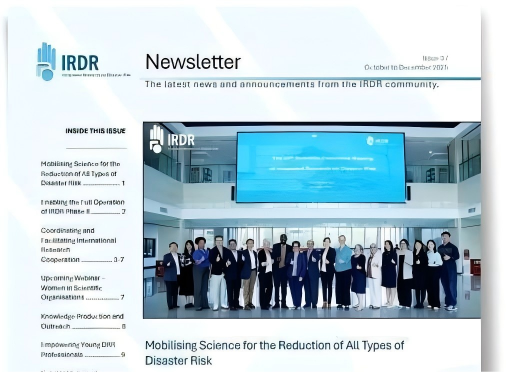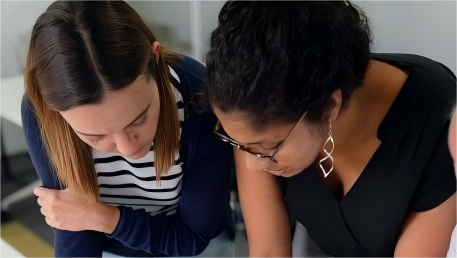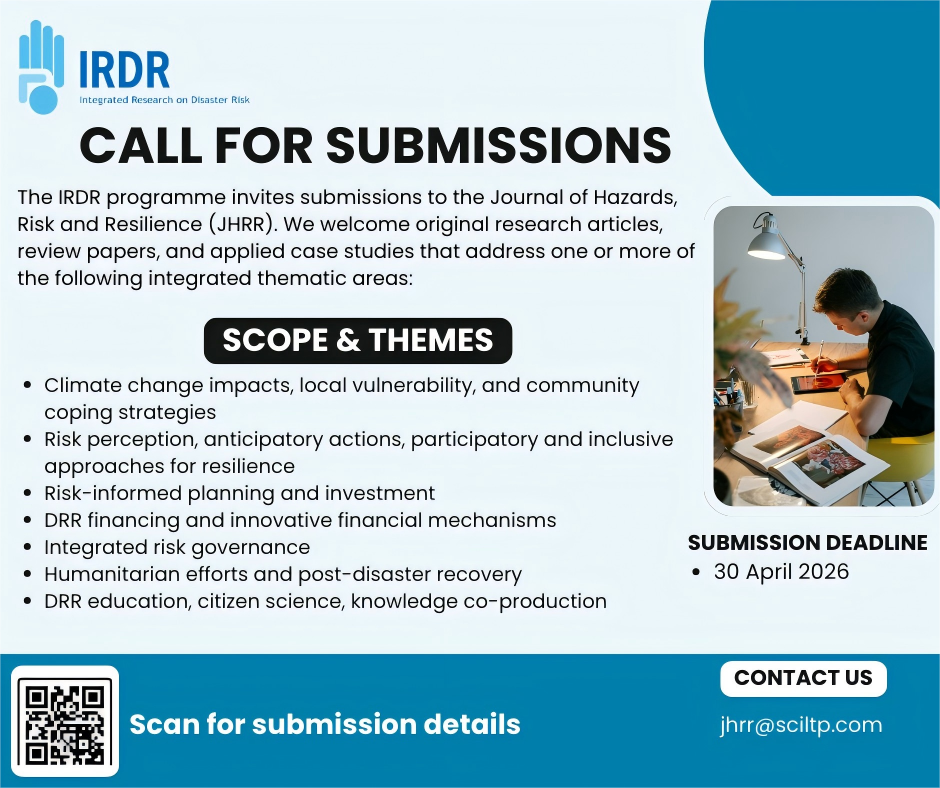Once every four years, the global Quaternary research community meets at the INQUA Congress to exchange the latest results and develop research agendas for the years to come. In 2015, from 26 July to 2 August, some 2000 quaternary researchers are welcomed in Nagoya’s Congress Center (NCC) in central Japan.
From the announcement: “The knowledge gained from Quaternary research, particularly from past records of unusual events and abrupt changes, is invaluable for understanding nature and taking appropriate actions to mitigate natural risks. Scientists involved in Quaternary studies must generously contribute their knowledge to help minimize the effects of disasters from hazardous natural processes.”
Since 1928, INQUA, the International Union for Quaternary Research, has promoted communication and international collaboration in Quaternary research. The current scientific scope of INQUA is reflected by its five Commissions: (1) Coastal and Marine Processes; (2) Palaeoclimate; (3) Humans and Biosphere; (4) Stratigraphy and Chronology; (5) Terrestrial Processes, Deposits and History. The Congress program will address the themes of the Commissions during 6 days of oral and poster sessions, plenary presentations, and side meetings.






